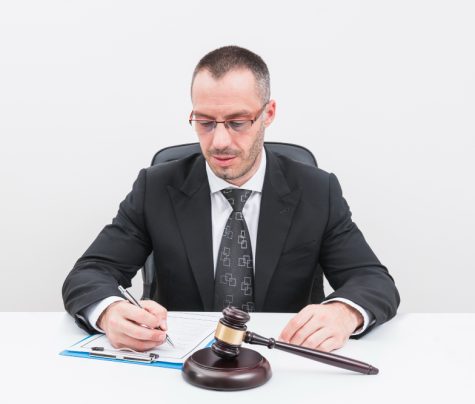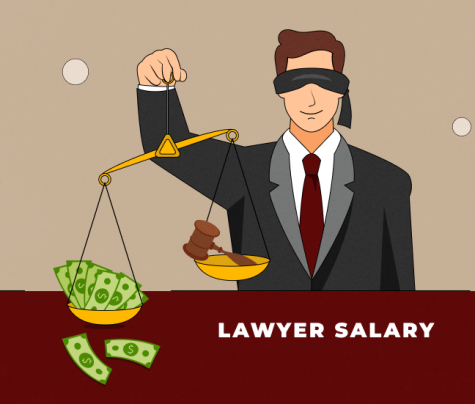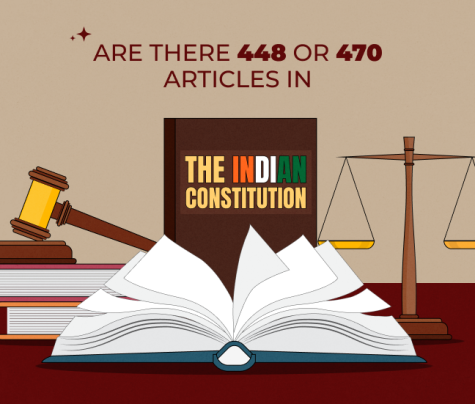Navigating Liability: When The At-Fault Driver Is On The Clock
Navigating the aftermath of a car accident is challenging, but the situation becomes even more complex when the at-fault driver is working at the time of the collision. Understanding who is liable and how to seek compensation is crucial for anyone involved in such an incident.
This comprehensive guide will explore the intricacies of accidents where the responsible party was on the job, providing clarity and direction for those affected.
Understanding The Basics

When we refer to the at-fault driver, we’re talking about the individual whose actions or negligence led to the accident. Things get complicated when this person is working, as liability can extend beyond the driver to their employer, altering the dynamics of legal responsibility and compensation.
Determining Liability
Liability in car accidents typically hinges on negligence. If a driver is negligent while performing their work duties, their employer might also be held liable. This is due to a principle of law termed vicarious liability, where an employer can be responsible for their employees’ actions, provided those actions were within the opportunity of their employment.
Employer’s Responsibility
An employer’s liability for a car accident can arise under several circumstances. If the at-fault driver was performing a task related to their job or acting on behalf of their employer, the employer could be held responsible.
This is especially true if the driver was using a company vehicle. However, if the driver was committing a serious violation or acting outside the scope of their employment, the employer might not be liable.
The Driver’s Role
Despite the potential for employer liability, there are instances where the at-fault driver may still face personal liability. This is often the case if they are deemed an independent contractor rather than an employee. The distinction is crucial, as independent contractors are typically responsible for their own actions, without involving the hiring party’s liability.
Insurance Considerations
The type of insurance coverage in place can significantly influence the outcome of a claim. Commercial insurance policies are designed to cover accidents that occur in the course of business, offering protection that personal auto insurance policies may not provide. When an at-fault driver is working, it’s vital to understand which insurance policy applies to the situation.
Legal Implications

State and federal laws can affect how liability is determined in work-related car accidents. For example, commercial drivers are subject to federal regulations that may influence the assessment of fault and liability. It’s important to be aware of these laws, as they can impact the strategies used in pursuing a claim.
Steps To Take After An Accident With a Working Driver
If you’re involved in an accident with a driver who was on the job, there are several steps you should take. First, ensure that everyone is safe and call for medical assistance if needed. Document the scene by taking photos and collecting witness statements. Report the accident to the police and obtain a copy of the accident report. It’s also essential to notify your insurance company about the accident promptly.
Gathering evidence is crucial, as it can support your claim and help determine liability. This evidence can include the at-fault driver’s employment information, the company’s insurance details, and any relevant logs or records if the driver was operating a commercial vehicle.
When reporting the accident, be factual but cautious about making statements that could be interpreted as admitting fault. Instead, focus on the details of the incident and the actions of the at-fault driver.
Seeking Compensation
Filing a claim for damages involves navigating the insurance claims process and possibly the legal system. Victims may be entitled to compensation for medical expenses, lost wages, property damage, and pain and suffering. An experienced accident lawyer in Bedford TX can provide invaluable assistance in filing a claim, negotiating with insurance companies, and representing your interests in court if necessary.
Common Challenges And How To Overcome Them
One of the main challenges in accidents involving working drivers is disputes over liability and insurance coverage. Employers and their insurance companies may attempt to deny responsibility or minimize the compensation owed. To overcome these challenges, it’s essential to build a strong case supported by solid evidence and legal expertise.
In the complex landscape of work-related car accidents, having a knowledgeable advocate on your side can make a significant difference. If you’ve been involved in an accident with a driver who was on the clock, consider reaching out to a skilled Bedford TX car accident attorney who can guide you through the process and help protect your rights.
Case Studies

Real-world examples can shed light on the nuances of accidents involving at-fault drivers who were working. Consider a scenario where a delivery driver, during their regular route, runs a red light and causes a collision.
If the driver is an employee of a delivery company and was performing their job duties, the company may be held liable due to vicarious liability. However, if that same driver was an independent contractor using their own vehicle, the path to compensation may be different, with the driver’s personal insurance being the primary target for a claim.
Analyzing past cases provides valuable insights into the legal strategies that can be effective and the potential pitfalls to avoid. Each case is unique, but patterns do emerge that can inform future legal actions and decisions.
Frequently Asked Questions
Q: What if the at-fault driver was using a personal vehicle for work?
A: Liability may still extend to the employer if the driver was performing work-related tasks, but the specifics depend on the employment arrangement and insurance policies in place.
Q: Can I sue the company directly if their employee caused an accident?
A: Yes, if the employee was acting within the scope of their employment, you may be able to bring a claim against the company.
Q: What happens if the at-fault driver denies being on the job at the time of the accident?
A: Evidence such as work schedules, delivery logs, and communication records can help establish whether the driver was working.
Q: How long do I have to file a claim in these situations?
A: The statute of limitations varies by state, but it’s generally advisable to start the legal process as soon as possible.
Conclusion
Car accidents involving at-fault drivers who were working at the time of the incident add an extra layer of complexity to an already stressful situation. Determining liability, dealing with insurance companies, and navigating the legal system requires a comprehensive understanding of the laws and regulations that apply.
If you find yourself in such a situation, remember that you don’t have to face it alone. An experienced legal professional can provide the guidance and support you need to seek the compensation you deserve. They can help untangle the web of liability, advocate on your behalf, and ensure that your rights are protected every step of the way.
Read Also:
- How To Adopt A Child In 5 Easy Steps
- How To Design The Best Law Firm Website In 7 Easy Steps
- 10 Reasons Why Businesses Should Hire Corporate Lawyers











1 Reply
What Are The Essential Types Of Auto Insurance Coverage?
March 27, 2024 at 12:03 pm
[…] damage liability is another requirement in Arizona. This covers damage you may cause to another person’s […]
Reply